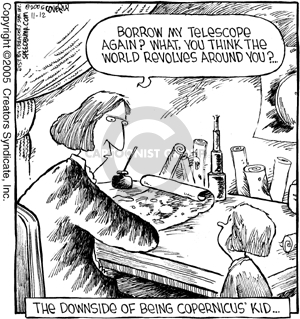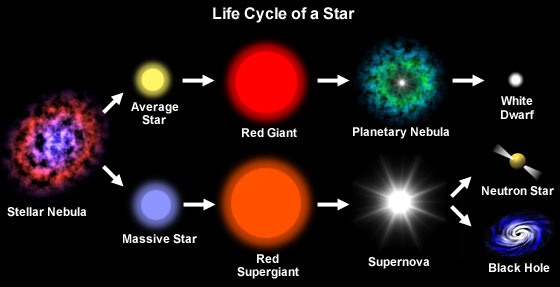Apprentice October
4 And God saw the light, that it was good: and God divided the light from the darkness.
Study/Learn
Read my little page called "Eureka Calendar" so you can get the vision of where we are going with Eureka :)
Learn about the life cycle of a star. You can use any resource you wish, but here are a couple: My first suggestion would be the Jr. Non Fiction section at the library. If I start there and get a foundation, understand vocabulary and basic concepts then I can easily move on to a deeper explanation and understanding. Also, watch this video:
Life cycle of a star Take notes or make a chart, or draw pictures.
Memorize 6-10 constellations in the Autumn Northern Hemisphere. Read the story behind them. Go outside with your family and locate them. Our family knows a few, and we have fun finding them when we're camping.
Watch:
Black Holes on Brain Pop
(This is a site where you need a subscription, but if you click "try Brain Pop", you can see the video for free.)
Study Fusion. Read the following:
What is Fusion?
Read the Time article about how close the world is to controlling fusion and using it as a limitless energy source:
Fusion experiment
And just when you thought you had enough of Bill Nye, voila! I have found yet another awesome vid of the guy. Sorry people. The guy is funny and I long to entertain you.
Yet another Bill Nye video
 Know/Understand:
Do Both of These Things!
Know/Understand:
Do Both of These Things!
1.)Solidify your understanding of the life cycle of a star by creating a poster, drawing pictures, or any other method you choose. Enjoy! Be prepared to share it in class.
2.) I am sending a list of experiments to Vanguard with Summer and Adrianna. Sign up for one as sibling groups that interests you. If you have no siblings in Vanguard, you are on your own. There will be instructions. You are to come to Vanguard ready to perform your experiment, so bring all of the supplies you will need. Make sure you know your topic inside and out (you will need to research other sources.) We want you to teach us. Conduct your experiment a couple times before class so that yours doesn't have unexpected results, ie: your experiment didn't work!!
Here are the topics of experiments so you can be thinking which one you would like to do:
Why the Milky Way looks hazy, How size affects apparent brightness, How distance and size affects a star's apparent brightness, How to determine which star is closest to the earth, How a black hole might form, What causes shooting stars, Why stars twinkle, Demonstrate the movement of a spiral galaxy, How Earth is protected from solar winds, How a star's composition is determined, How to measure brightness of light, Why it looks like there is a "man in the moon", Determine how distance of stars can be compared.
Become/Serve
Think about the parallels we can draw from learning about the life cycle of a star. What similarities do we see in our own lives? Be creative here. You can create your own "Mormon Ad" or "Mormon Message" or journal your thoughts.
OR
Watch the Mormon Message
Patterns of Light. How does listening to the Holy Ghost relate to having a decided heart? Journal what you learned.




